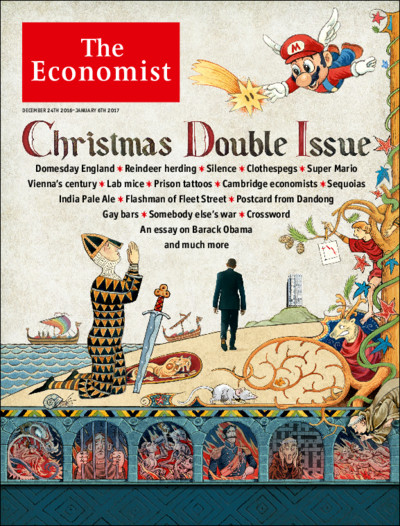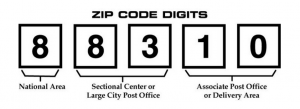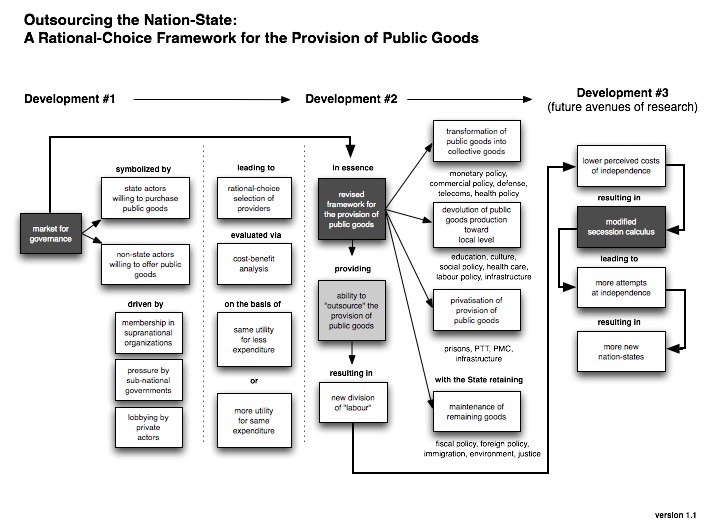Dvorak keyboard
As if I didn’t have enough change in my life, I am thinking of learning the Dvorak keyboard, which is apparently much more efficient than the QWERTY keyboard used in English. The QWERTY layout was apparently created to slow typists down because that was necessary at the time; typewriters couldn’t handle such rapid input. Since habits die hard, the use and teaching of the QWERTY continues to this day, even if the technical reason for its existence does not. So I shall tread a well-worn path and give Dvorak a try ! (Update: Nope, looks like a pain in the butt for not much added value.)

Schematic of the Dvorak keyboard. (Source: Wikipedia)
Modern war
I came across when the new website was announced. Lots of interesting articles, and interesting battlefield / theatre pictures. One article talked about the importance of concrete in the war in Iraq. This section was interesting:
The demand for concrete was immense. New contracts had to be developed and concrete factories had to be found, built, and expanded in multiple places across Iraq. Getting concrete became as important a mission as emplacing it.
A major component to the well-known Iraq surge of 2007 in response to rising sectarian violence was the mission to clear and secure the neighborhoods of Baghdad. US forces found concrete to be their most effective weapon to reduce violence and protect the local population. They used concrete to reduce the complexity of the environment.
Concrete enabled coalition forces to flip the narrative regarding enemy operations in Sadr City:
In response to the situation, the US forces basically engaged in siege warfare. But atypical to historic examples, instead of attacking to break through fortified wall, they imposed the siege on the enemy by building walls. Reminiscent of a medieval siege engine, each night US forces drove up to the limits off Sadr City with massive cranes and trucks loaded with twelve-foot-tall T-walls. On a good night, soldiers could emplace over 122 barriers. Enemy forces attacked the soldiers putting in the walls and it was not uncommon to be hanging concrete while attack helicopters, tanks, and Bradley Infantry Fighting Vehicles returned fire.
I read a second article on the site, looking at Clausewitz’ famous On War treatise in the context of Start Trek. I shared the link yesterday but got around to really reading the article today:
This was interesting:
Without passion, war is absent energy. Without reason, war is uncontrolled rage. Without chance, war is mere slaughter. All three are necessary, and necessary to remember.
According to the article, the parallel with Star Trek is as follows:
More WordPress fun
- Installed a command line interface (CLI) capability so that I can manage my main WordPress site via from a Terminal
- Installed a cron plug-in so that I can see the kinds of events going on behind the scenes on that same site
- Ran a batch of plug-in updates
- Didn’t break anything





